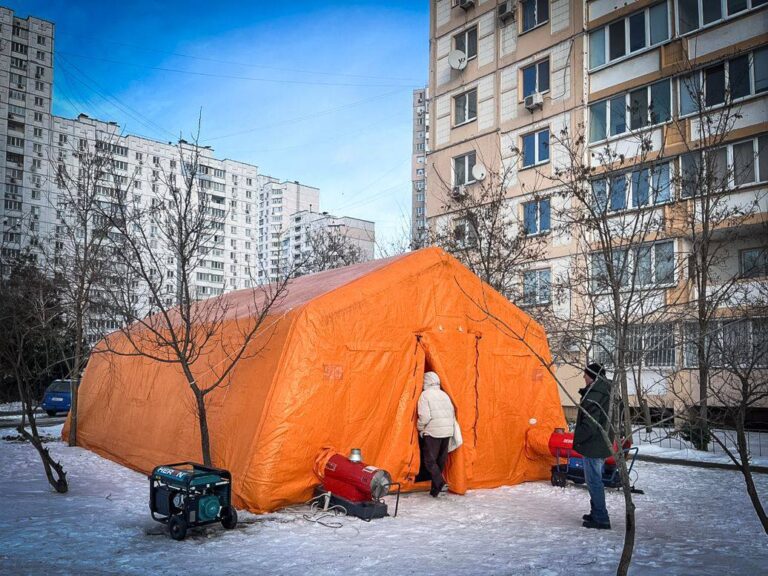
Why Ukraine Moved Children’s Day to November 20: Meaning Behind the Presidential Decree
From tradition to principle: what stands behind the new decree
On May 29, 2025, Ukrainian President Volodymyr Zelensky signed Decree No. 355/2025, officially moving Children’s Day from June 1 to November 20 — aligning with World Children’s Day, as recognized by the United Nations.
At first glance, it may seem like a calendar update. But behind this decision lies a significant symbolic shift. In the middle of a brutal war, amid constant loss and trauma, Ukraine is choosing to root its child protection policy in international law and values, not in Soviet heritage. And that matters.
Why June 1 is no longer symbolic
Since 1998, Ukraine had marked Children’s Day on June 1 — a practice inherited from the Soviet Union, which adopted the date in 1950. While widely accepted, this date carried no direct connection to international legal frameworks or child rights instruments.
In contrast, November 20 holds a clear legal and symbolic value:
- On November 20, 1959, the UN General Assembly adopted the Declaration of the Rights of the Child.
- On November 20, 1989, the Convention on the Rights of the Child was signed — one of the most ratified human rights treaties in history.
Zelensky’s decree makes a clear shift: from ceremonial tradition to value-based policy.
“With the aim of strengthening the protection of childhood as a national priority of Ukraine, and enhancing the international community’s joint efforts in protecting children’s rights, I hereby decree to celebrate Children’s Day annually on World Children’s Day — November 20.”
— from Presidential Decree No. 355/2025
Why now — and why it matters
Ukraine is at war. Millions of children have been displaced, thousands injured, and too many killed. Against this backdrop, reaffirming international norms and human rights is not just a gesture — it’s a stance.
By anchoring Children’s Day in UN-recognized frameworks, the state sends a powerful message:
- Ukraine is not just defending its territory — it is defending values.
- It aligns its internal legislation with the Convention on the Rights of the Child, to which it has been a signatory since 1991.
- It recognizes that the best interest of the child must be a central priority, especially in times of conflict.
What changes — and what doesn’t
The shift does not affect other forms of support or celebration. Institutions will still hold events, charities will still fundraise, and government agencies will continue child-focused work. What changes is the narrative.
By dropping the June 1 date — used in many post-Soviet countries — Ukraine symbolically distances itself from its totalitarian past and places itself firmly within the human rights community.
This decision also encourages greater integration with UNICEF-led global initiatives, which focus not just on celebration, but on systemic improvements to child health, education, and protection.
Revelant
The broader context: war, trauma, and resilience
Since 2022, more than 1.5 million Ukrainian children have been forced to flee their homes. Thousands have suffered psychological trauma, lost access to schools, or been separated from families. Some have been illegally deported to Russia — a war crime under international law.
The state cannot reverse these harms overnight. But it can choose to align its policies with international protection mechanisms, signal its commitment, and build future systems around those values.
This decision is one small, but meaningful, step.
Beyond symbolism: the road ahead
The move to November 20 opens new opportunities — and responsibilities. It aligns Ukraine with World Children’s Day campaigns, giving Ukrainian voices more presence in global advocacy. It also places greater pressure on the government to:
- Expand mental health services for war-affected children.
- Ensure access to education despite displacement.
- Cooperate fully with international bodies investigating war crimes involving children.
In short, this is not about moving a holiday. This is about moving forward — legally, morally, and strategically.
A message to the world
Amid tanks, missiles, and blackouts, Ukraine continues to make choices that affirm dignity, rule of law, and international norms. Changing the date of Children’s Day is a quiet decision, but one with loud implications.
It says: even under fire, we choose humanity. Even in war, we choose to protect children — not only through words, but through the laws and frameworks that shape their future.















